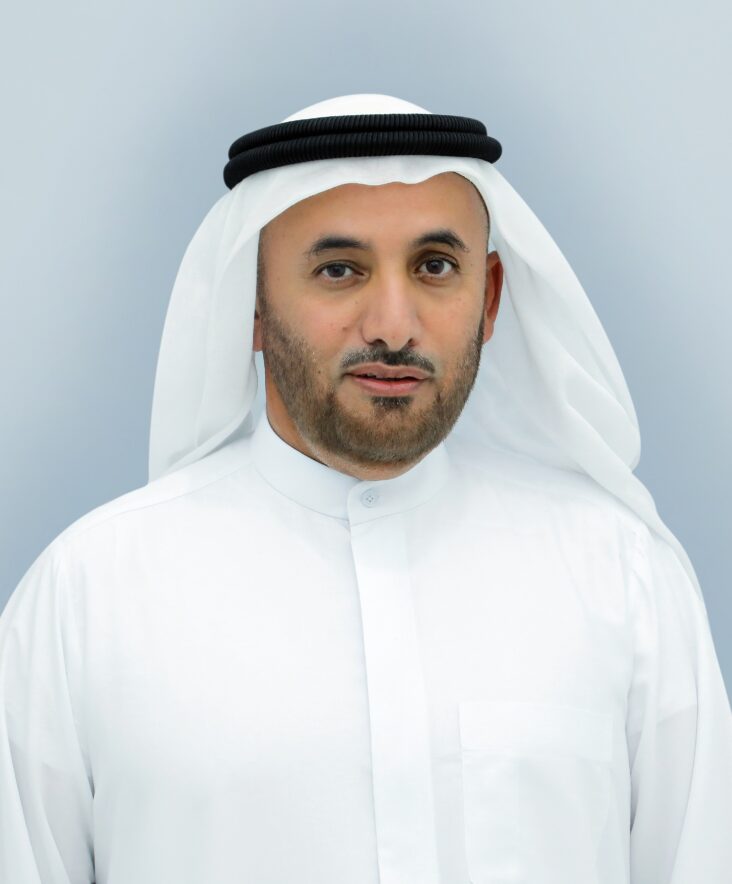Dubai Land Department Unveils Incentive Benefits Of Real Estate Investment Trusts Inviting Eligible Companies To Register

Dubai Land Department (DLD), through the real estate development sector, has launched the real estate investment trusts (REIT) privileges registry, and announced the opening of registration in it. Following design and development of the online platform and the training the service centers to receive applications, local and international real estate investment trusts are now ready to be processed.
This step comes in line with the decree No. (22) of 2022 regarding approving the grant of privileges to real estate investment finds across the emirate, which aims to enhance its position as a global hub for real estate investment, and to provide incentive benefits to encourage real estate investment trust (REIT) to consider various projects across Dubai, and increasing investment in the market by achieving a long-term capital return for shareholders in these trusts.
Enhancing the emirate’s investment attractiveness:
His Excellency Sultan Butti bin Mejren, Director General of the Dubai Land Department, said: “The privileges associated with the real estate investment trust (REIT) register is a new path in the emirate’s journey towards a more prepared future, by raising attractiveness for local and foreign real estate investments, in line with the visions and directives of our wise leadership, represented by His Highness Sheikh Mohammed bin Rashid Al Maktoum, Vice President and Prime Minister of the UAE and Ruler of Dubai.This move is in conjunction with the efforts made by the Dubai Land Department and its partners from the government and private sectors to translate and achieve the objectives of the Dubai Economic Agenda D33 for foreign investment and the raising of private sector investment in development projects.”
Bin Mejren added: “DLD, through its specialists and work teams, will make all the efforts required to develop a register of privileges, and motivate local and international real estate trust companies, who meet the conditions and procedures, to benefit from the advantages of registration, which contributes to increasing the value of real estate transactions, for a more competitive Dubai.”
The most prominent advantages in real estate investment trust (REIT)
Trusts that meet the conditions can currently be registered in the” Register” by visiting one of the DLD’s approved real estate registration centres and fulfilling all registration requirements, which can be found on the Dubai Land Department’s website. This will be the standard method going forward.
The registered trusts will gain various particular benefits as a result of this, the most prominent of which are:
- Benefiting from the value of real estate fees in the event of establishing a real estate trust, where a fee of 50,000 AED is collected in exchange for transferring the founder’s ownership of each real estate owned to the trust.
- A 2% registration fee is levied if the trust acquires and registers an asset in its name.
- Benefit from a 2% charge on the market value if the trust registers a usufruct or long-term rental right.
- The previously indicated fees are collected solely if the real estate disposal is related to any of the trust’s real estate and not to the shareholders’ disposal of their real estate shares.
Furthermore, trusts registered in the concession register have the right to own property located outside of areas of non-citizen ownership after the approval of the Real Estate Trusts Committee, which will be formed in the emirate in accordance with 2022 Decree No. 22, Real estate investment trusts may have unrestricted absolute ownership in it, as well as benefit from or lease it for a period not exceeding 99 years.
The Dubai Land Department continues to empower the emirate’s real estate community through smooth, proactive real estate services, integrated legislation and data, effective partnerships, and cutting-edge digital infrastructure, all of which contribute to the emirate’s strategic vision of enabling global leadership in real estate investment and enhancing the sector’s readiness and sustainability, as well as create collaboration and integration between the public and private sectors.


